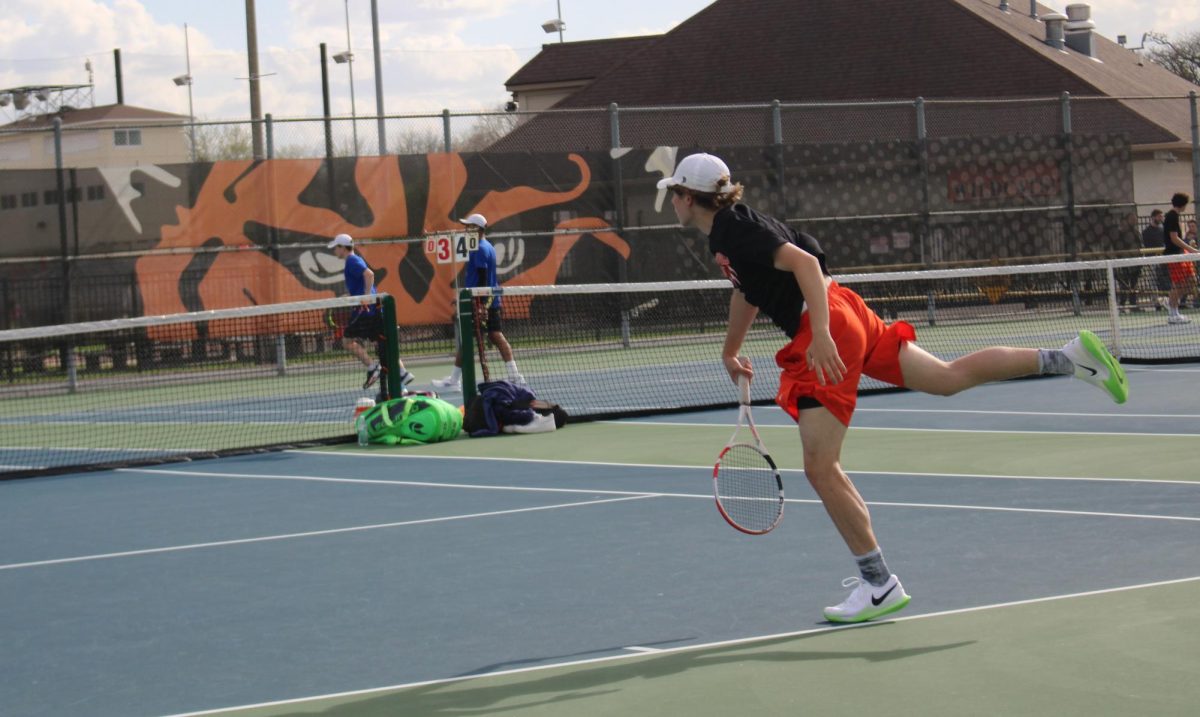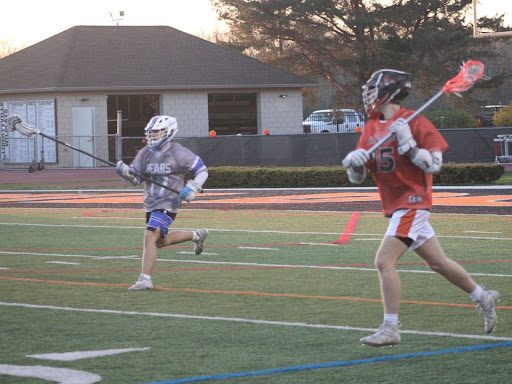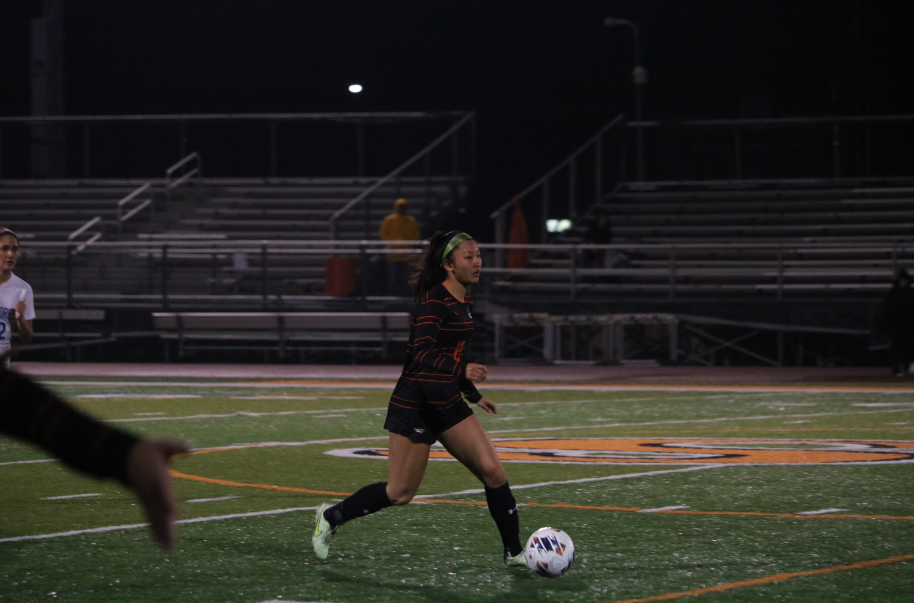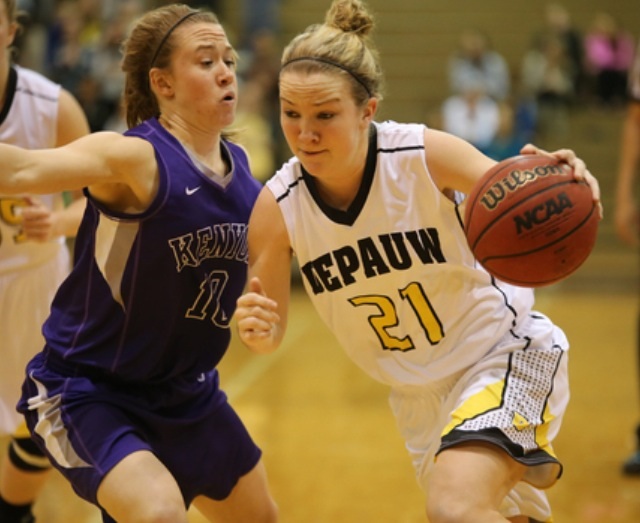Many high schoolers rightly decide to continue their athletic career at the Division III level in college because of their love for the sport– they can’t imagine their life without it.
For example, former LHS quarterback Jack Deichl (who graduated in 2013), and now attending University of Wisconsin at Whitewater, said that he continued to play football at a DIII school “because [he has] loved football [his] entire life, and the camaraderie that surrounds the game.”
I (and most other people) think that it is evident that there is more passion watching college sport athletes play over professional athletes (for instance, in basketball). 2011 graduate Savannah Trees, whose basketball team won the national championship last year at DePauw University (Indiana) agrees with this.
“I chose to play DIII basketball because I knew that I would be on a team with girls that were playing for the love of the game and not because someone was paying them to play,” Trees said.
Another aspect that makes DIII schools great is the emphasis they put on the academics. Most agree that at their school, academics are the priority, then comes the athletics. Abigail Toohey, who graduated in 2013 and is now a cross country runner at Lake Forest College, loves the fact that at a DIII school, there is a big focus on academics next to the athletics.
“[My coach] is very focused on helping my teammates and me do well in school. I am going to school in order to receive a good education and not for athletics,” Toohey said.
An additional aspect that is awesome about DIII schools is that athletics don’t take up all the athlete’s time. They can actually get the “college experience” and are able to be involved in many other activities, relax, and meet new people at their school. Their schedule can be equally balanced between athletics, social life, and academics. Trees loves this about her school.
“One of my favorite things about playing a DIII sport is how it is extremely competitive but at the same time you still have the time to be involved in other things on campus. The sport does not take over your entire college career; it allows you to play the sport you love while also exploring everything else the school has to offer,” Trees said.
Deichl also mentioned the other great qualities that DIII sports have to offer:
“Playing a sport forces you to establish a routine and get your classwork done in a timely fashion. [Also] due to the fact that it is a full-time commitment, it can help better prepare you for whatever career you decide,” Deichl said.
Senior Noah Greenberg, soon-to-be baseball player at Concordia University in Wisconsin, wanted to play at a DIII school mostly based on the fact he wanted to play the game he loves and not “sit the bench” until his junior or senior year.
“I have a chance to play as a freshman; playing time is a big deal for me,” Greenberg said.
Senior Jess Van Roeyen, who is going to Augustana University to play basketball, wanted to continue playing basketball at the collegiate level. She believes that going to a DIII college will allow her to get to know her classmates on more of a personal level and she wants to be able to walk around her school and recognize her peers.
Just because a school is DIII doesn’t mean that it won’t have the rivalries as the big schools do. 2013 graduate Drew Krinitsky, who is currently at Wesleyan University playing football, said how at his school, there is “no lack of tradition” that people would find at a big DI school.
“Going to a smaller DIII school, I think people write you off but when you become a part of something bigger, such as the great tradition our school has, you really get the same feeling of that sort of Alabama versus Auburn rivalry,” Krinitsky said.
Just because a school is categorized as “DIII” doesn’t mean it is any worse or less competitive than a DI school. There are many DIII schools that are at the same skill level as some DI schools.
Even though Trees had the chance to play at a DI school, she decided not to because she looked at others parts about the school and not just the athletics.
“It was also important to me that I looked at the school as a whole and not just at what division it was because there is a lot more that goes into a school than the division,” Trees said.













